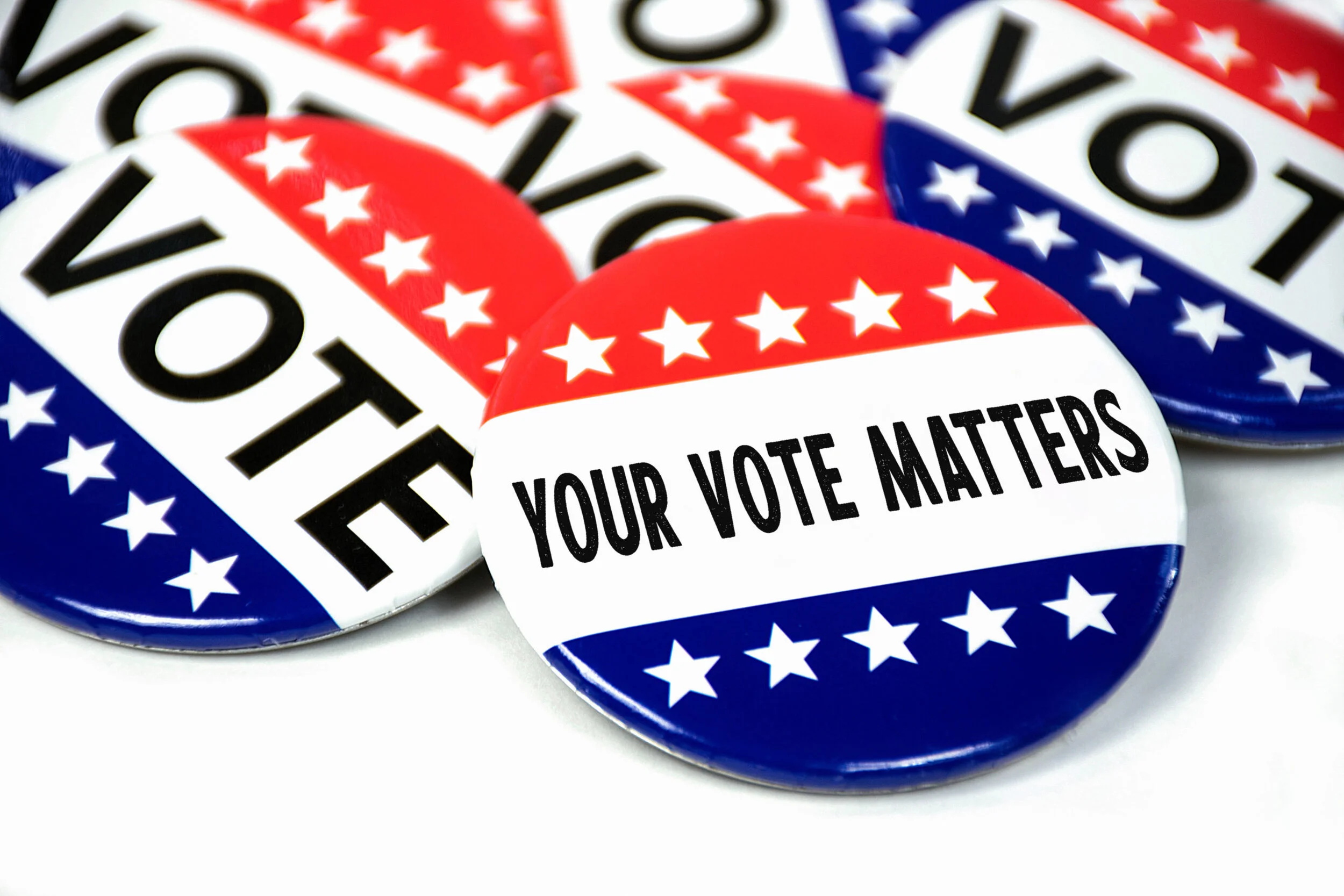Removing Barriers to Voter Re-enfranchisement
An estimated 5.2 million Americans are unable to vote because of their criminal record.
Felony disenfranchisement, or the restriction of voting rights for individuals with a felony conviction, dates back to Jim Crow-era laws as states aimed to prevent people of color from voting. Laws vary state-by-state, but currently only three places ensure that individuals with felony convictions do not lose their right to vote (Washington, D.C., Maine, and Vermont). In 16 states, people convicted of felonies lose their right to vote while incarcerated but automatically regain their voting rights upon release. In 21 states, people convicted of felonies lose their right to vote while incarcerated but automatically regain their voting rights after a set period of time. 11 other states have stricter guidelines, which require a governor’s pardon or additional set amount of time post-incarceration before rights can be restored. One in 44 adults in the U.S. is disenfranchised due to a felony conviction. This issue affects African-Americans disproportionately, affecting one in 16 adults.



